Insights
Stay up to date with the latest news & insights
Thank you! Your submission has been received!
Oops! Something went wrong while submitting the form.
Bitcoin & the Quantum Question: What You Need to Know
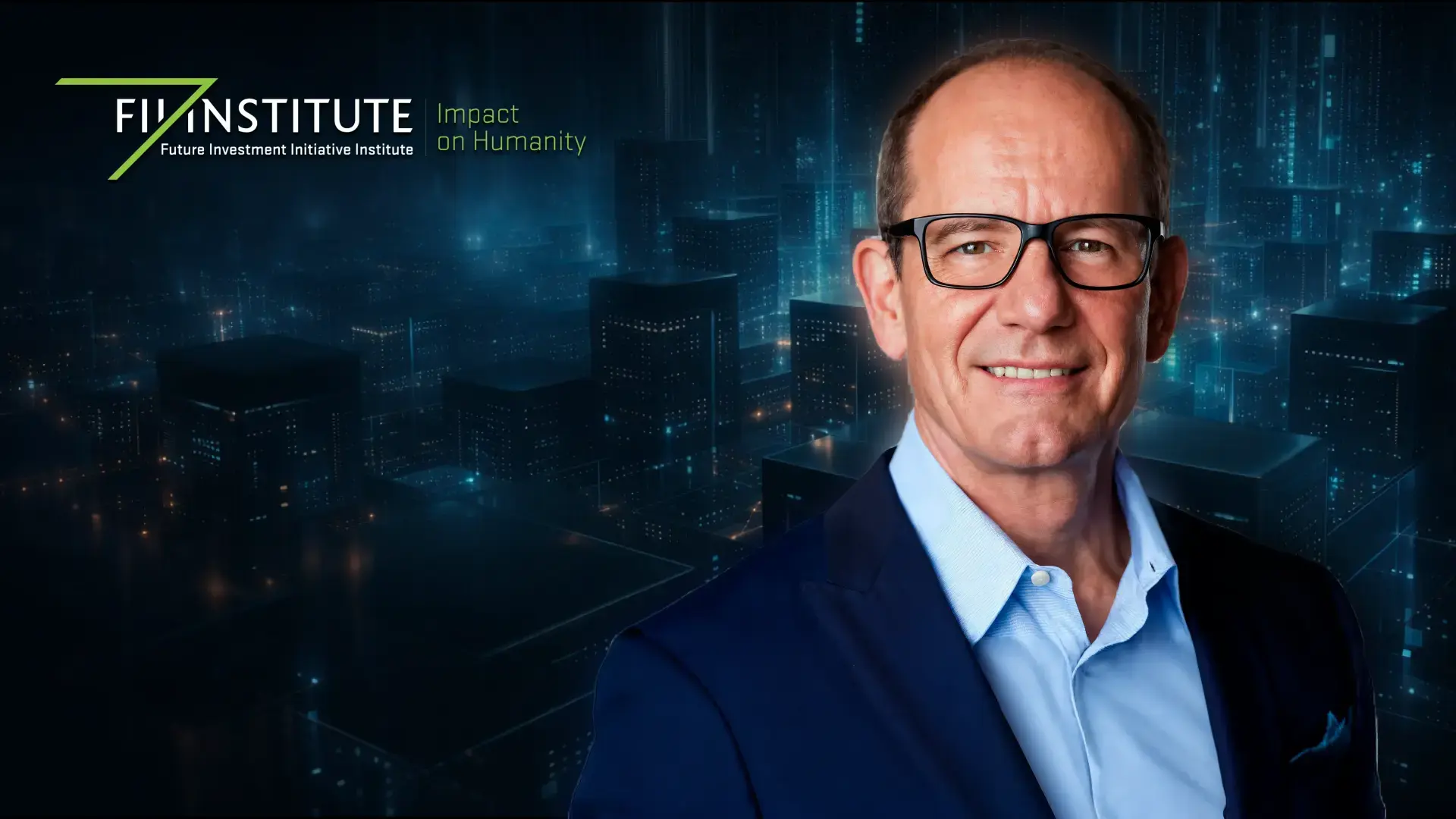
Blog
The Future of Artificial Intelligence: Energy Generation Is Only Part of the Story
The Future of Artificial Intelligence: Energy Generation Is Only Part of the Story
Bitcoin Mining in the Age of AI
Stronger Climate Disclosure: Improved Results in MARA’s Latest CDP Score
Powering the Inference Era of AI
MARA at FII9: Sharing a Vision for Smarter Energy & Compute
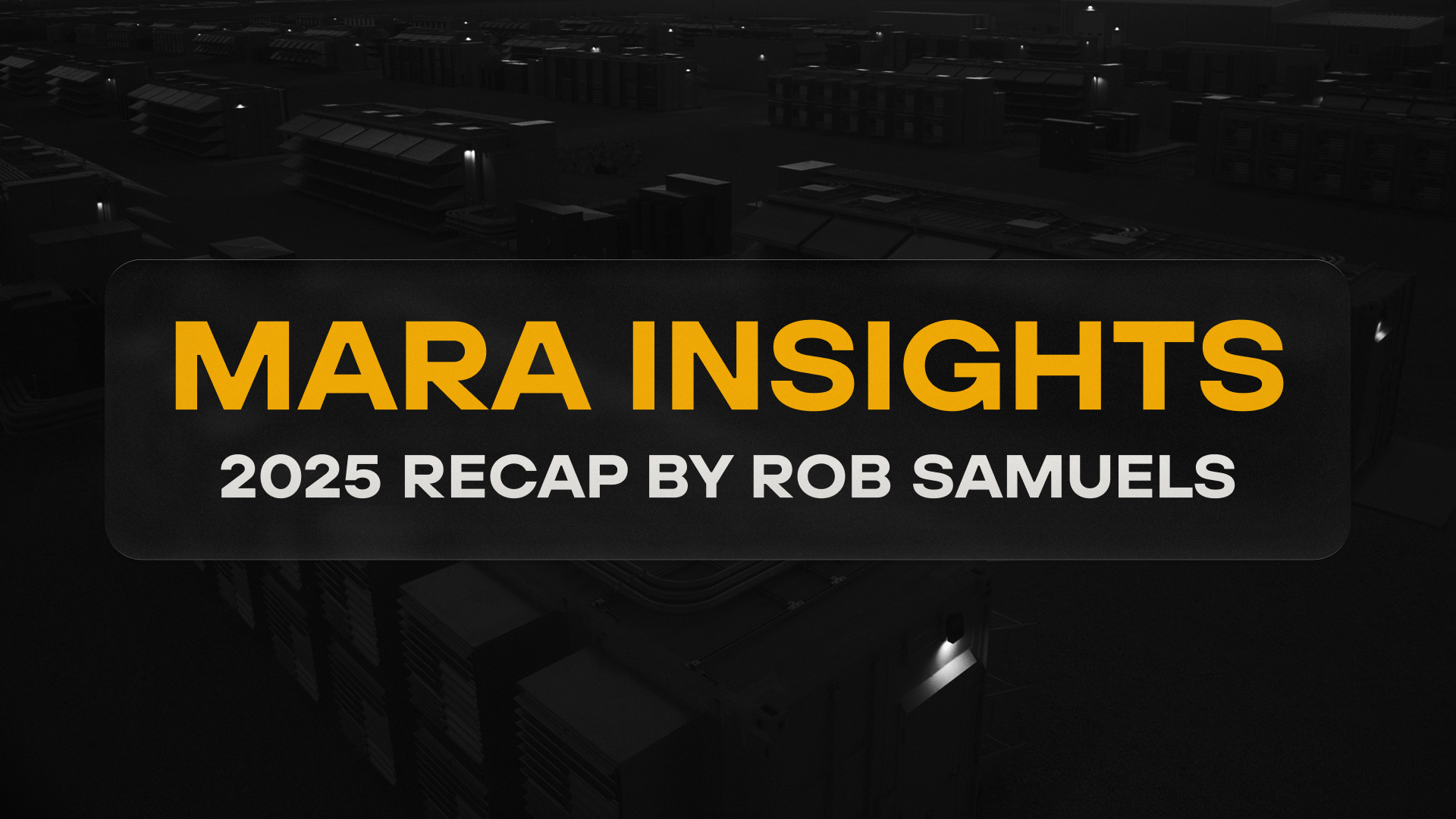
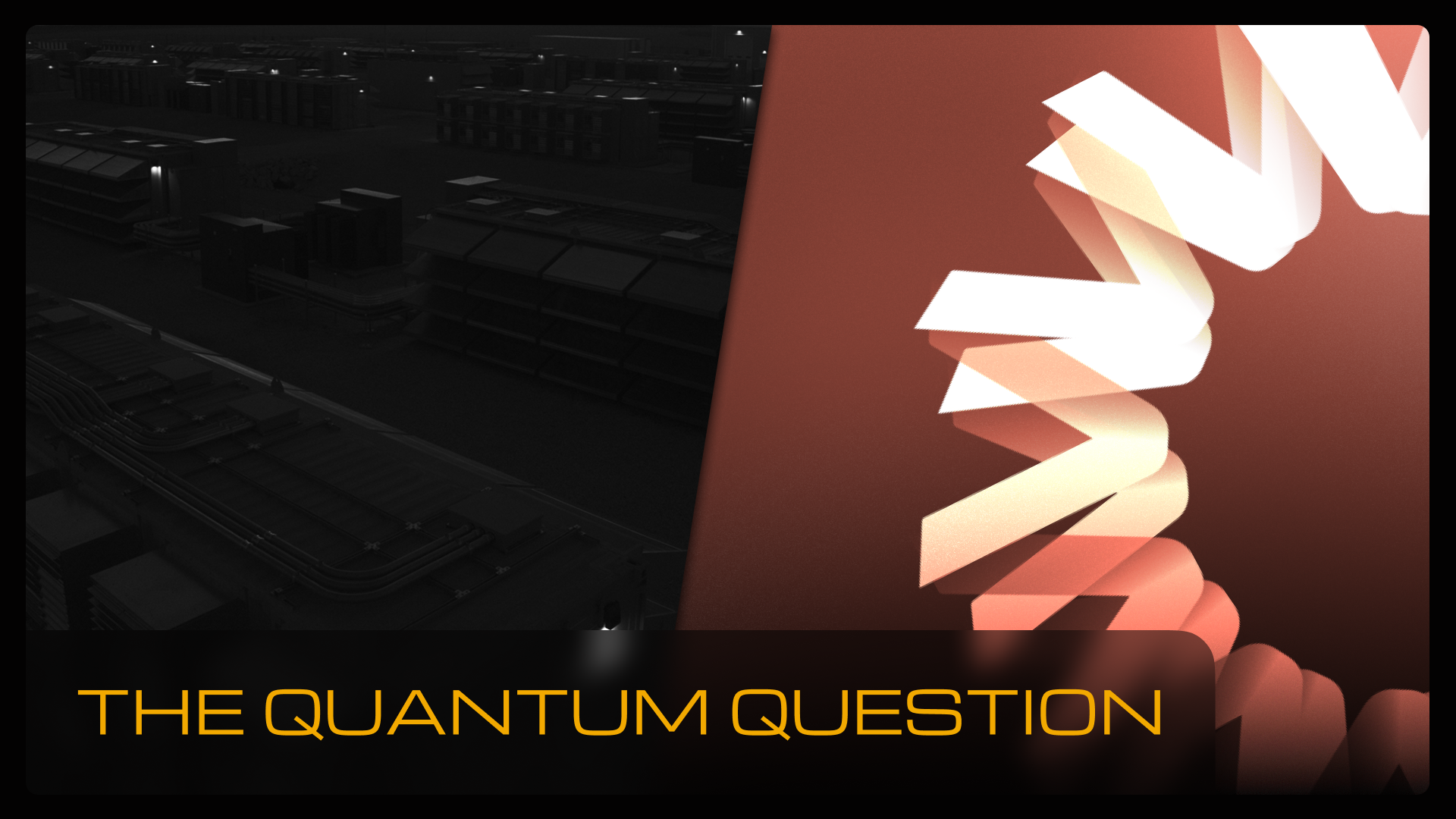
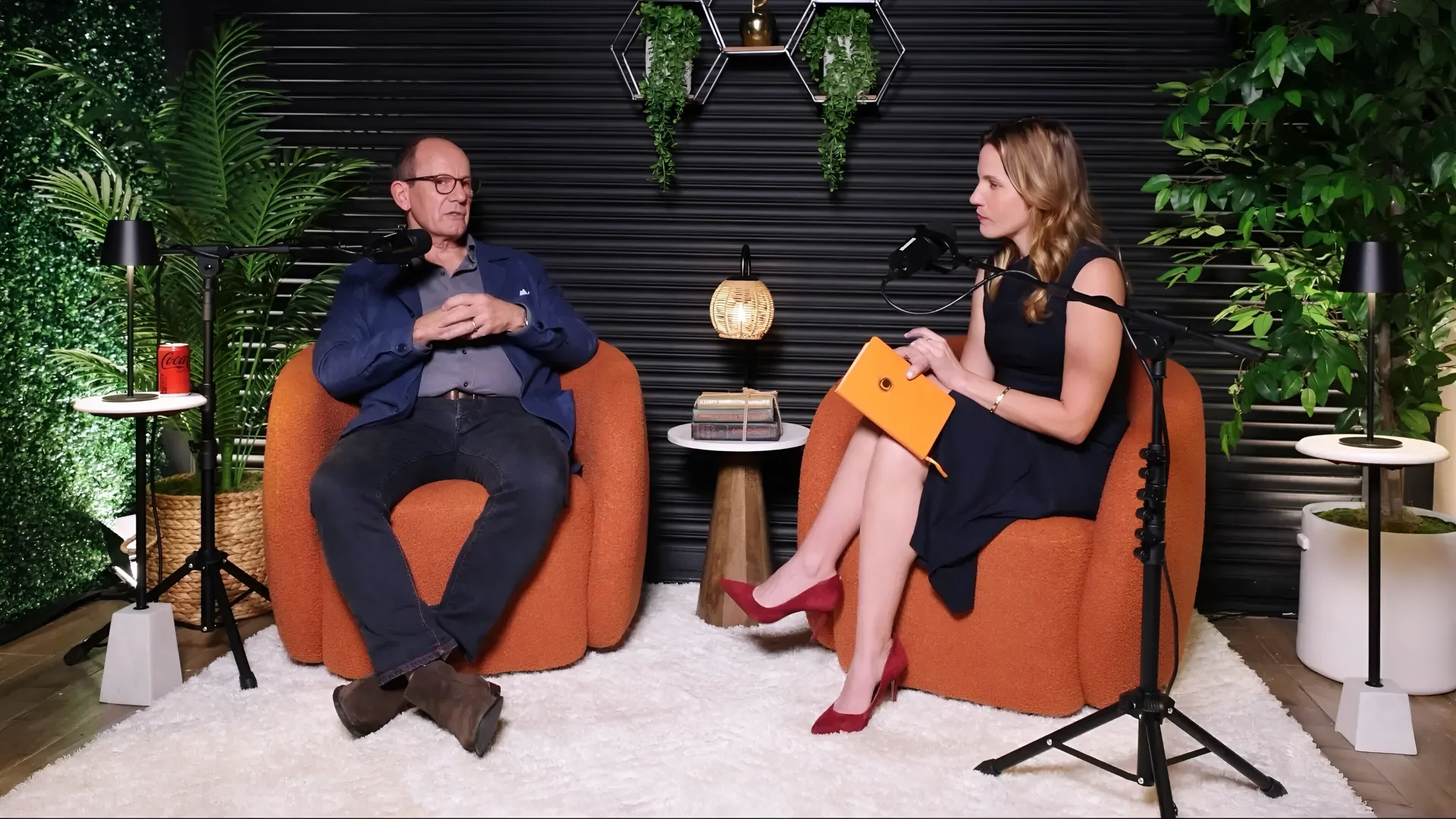
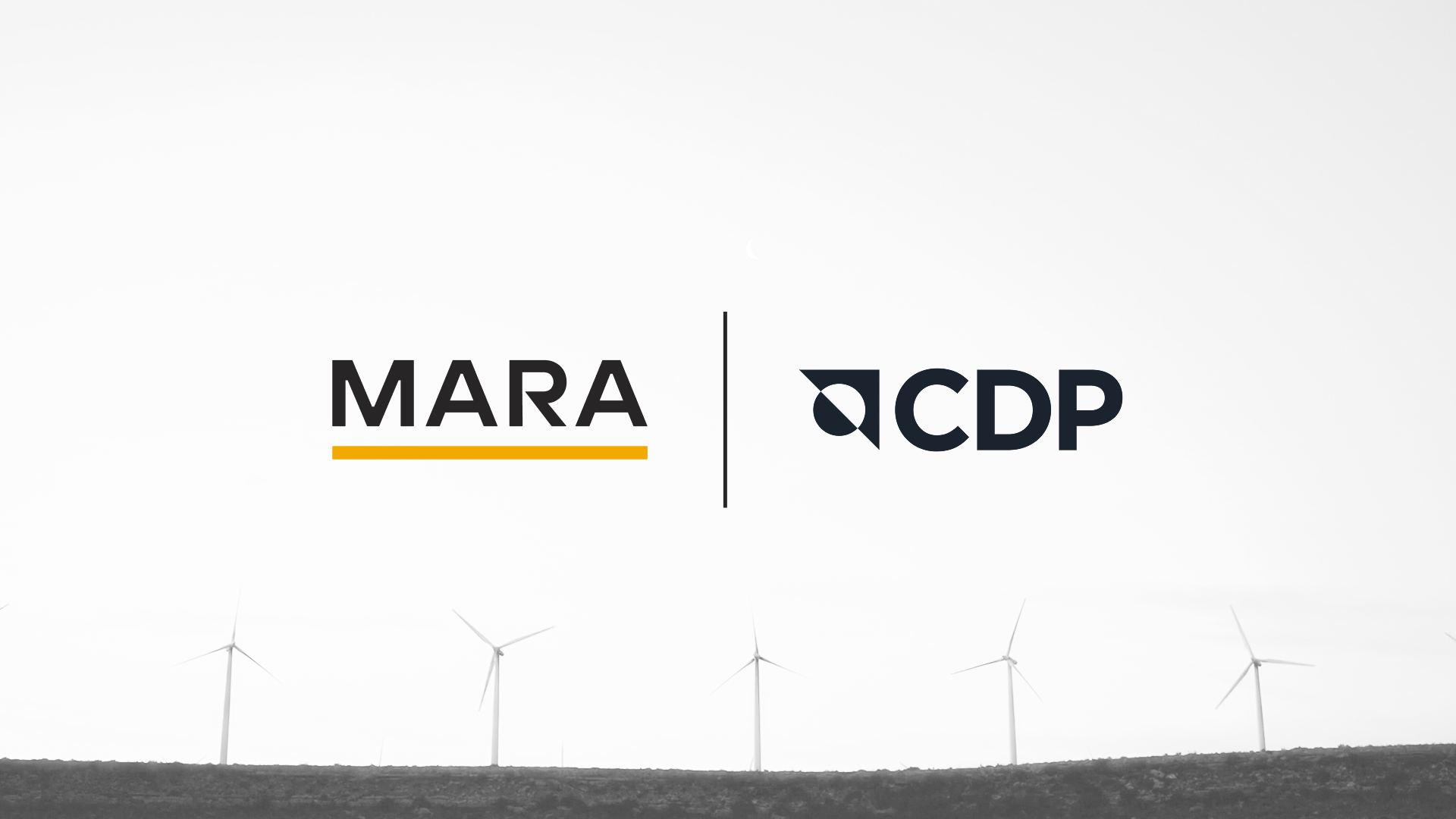
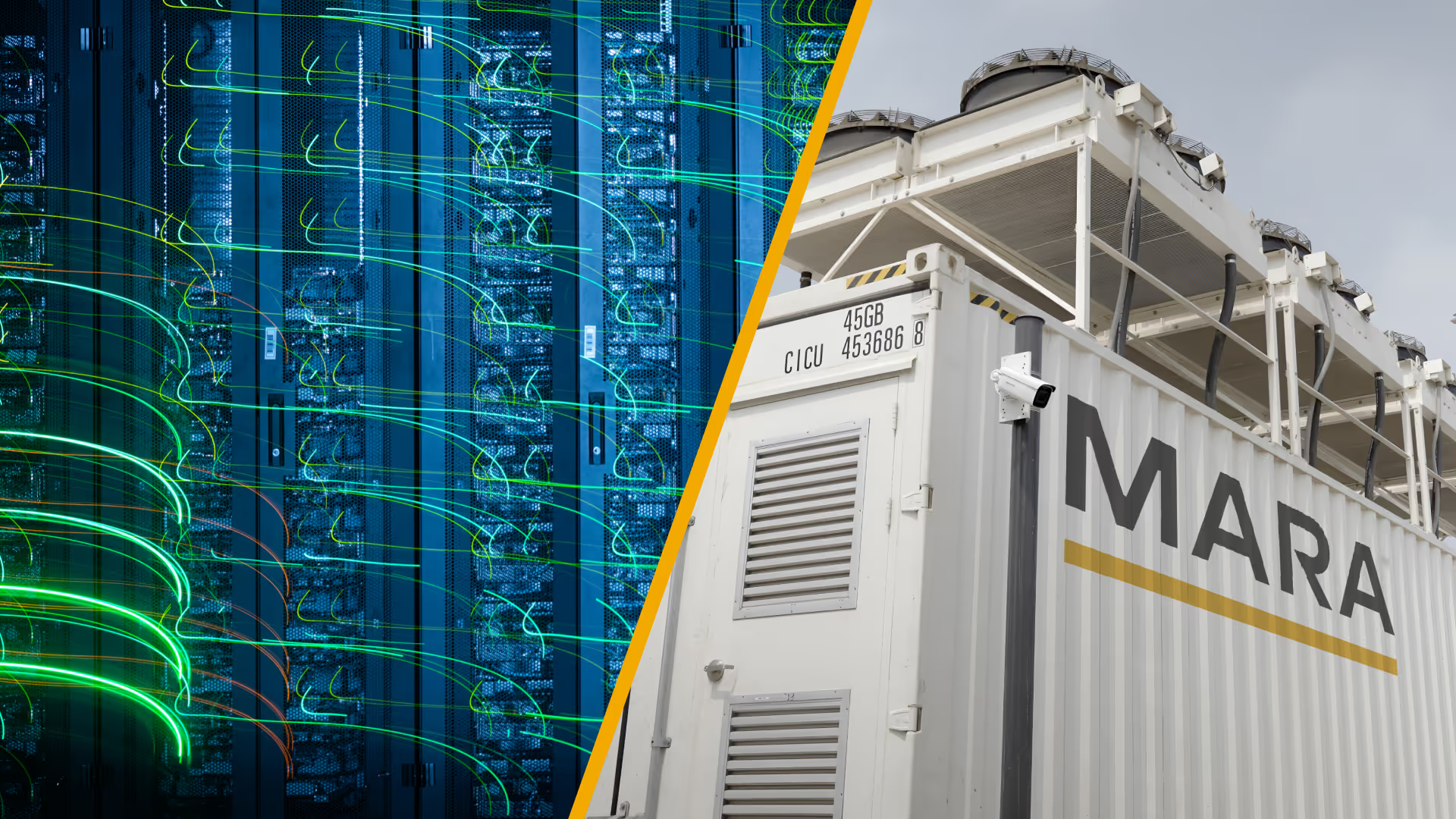
.avif)